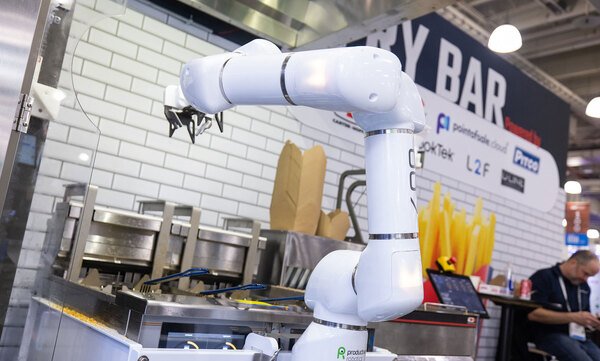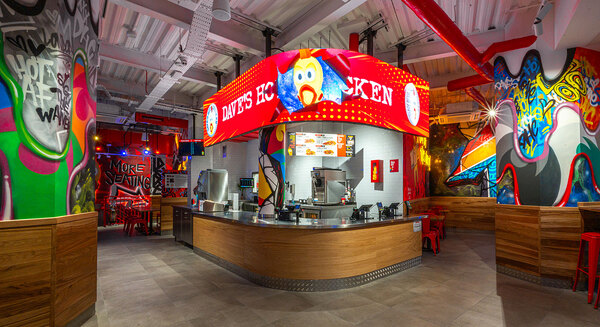Viewpoint: Staff retention starts from the ground up
If you understand what your staff want, you will discover how to keep them in a job that they actually enjoy, says Alexandre Santamaria
Over the past two years, the hospitality industry has dealt with several headwinds, from the global economic downturn to rising energy costs, an increase in food prices post-Brexit, and problems sourcing and retaining the right staff. According to research from digital market agency Koozai, nearly 40% of hospitality businesses in the UK are facing difficulties recruiting skilled staff.
Analysis of Office for National Statistics data found that 37.4% of businesses operating in the accommodation and food industries are experiencing skilled labour shortages, significantly higher than construction (25.5%), transport (16.2%) and real estate (14.3%).
As founder of Aware Hospitality, a company centred on delivering successful hospitality ventures and brands, I see first-hand how small, independent businesses are having to get creative to compete with HR departments from larger companies that can offer amazing benefits to employees. Retaining staff in today’s hospitality landscape has never been more important. While restaurants and hotels are spending large amounts of time trying to attract new staff, time should be spent retaining the existing staff force too.
“If restaurateurs feel their staff are underpaid, move fast and rectify that before they leave the business”
Finding ways to do this without breaking the bank is key to recovery. Small changes, such as offering consecutive days off or creating a fixed rota that does not change every week can make a huge difference.
A recent survey from YouGov showed that the top three reasons for leaving the sector were unsociable working hours (69%), low pay and benefits (63%), and lack of career prospects (35%). Businesses need to move away from the mentality of “if you don’t ask, you don’t get,” and take a more proactive approach to wages. If restaurateurs feel their staff are underpaid, move fast and rectify that before they leave the business. The website ‘Counter Talk’ is a useful tool to check salary levels to see if your business is competitive.
While a competitive salary is the cornerstone for most, team morale comes in a close second. Employee morale is significant because it’s tied directly to fundamental things such as employee engagement, job satisfaction, employee retention and productivity. We’re seeing the next generation of the hospitality workforce driven by team spirit. Staff briefings are a great way to inspire and improve bonding between the team and management. After all, people work for people, not for companies.
If you have fostered a work environment that creates high employee morale, you will see an equal increase in employee retention. Staff parties are critical; plan one every couple of months instead of once a year. Football games, dinners at restaurants and other activities on closed days can help create team spirit. Aside from this, recruiting managers who understand the current climate and know they will have to be hands-on and caring towards their team is key.
It’s no secret that staff in the hospitality industry find it hard to strike a work-life balance. The perception is the working hours are often long and anti-social and the schedules are uncompromising. When commercially viable, close for one or two days a week to give your staff a better life. You may save money too by closing on a quiet day, when your staff cost is much higher than usual. Avoid split shifts where possible – two split shifts are acceptable, but not more. Furthermore, be flexible on requests for changes to rotas. While this can be tough and, at times or impractical as it may come at the last minute, it’s necessary to retain staff resolve.
I feel the overarching message is to get closer to your staff, have more empathy and make sure everyone is looked after. Then, as a business owner, you can watch that respect trickle into every aspect of your company.
Alexandre Santamaria is the founder of Aware Hospitality





















